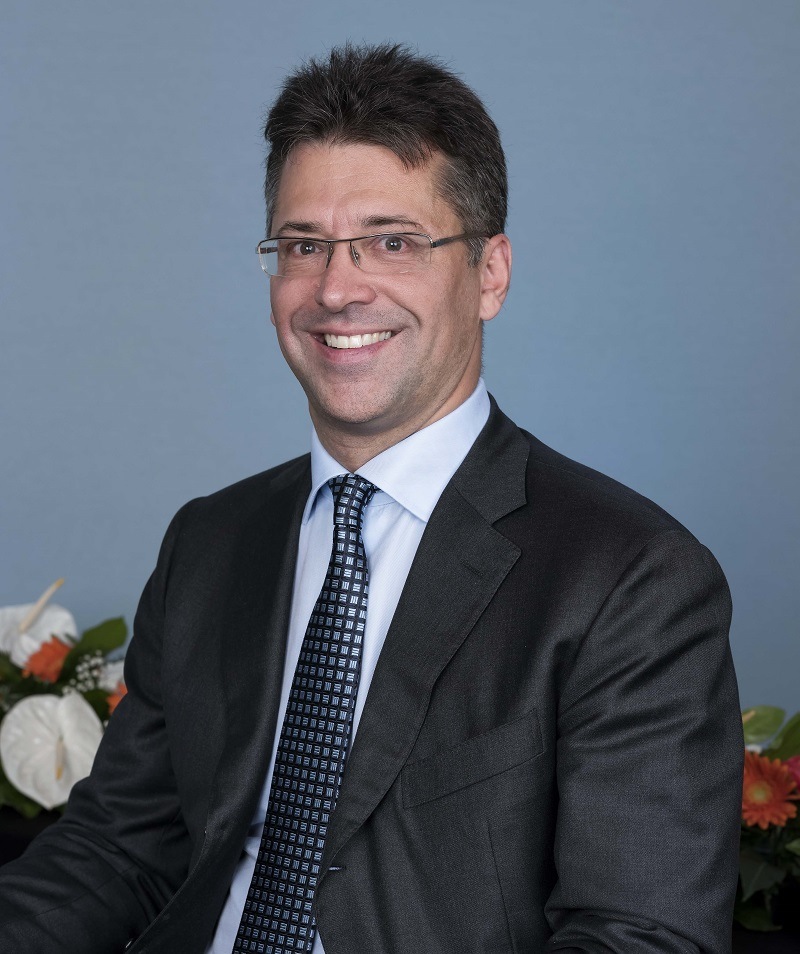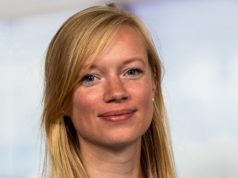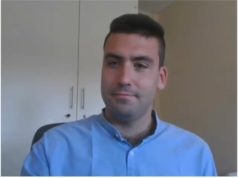
Ahead of the 2020 European Society of Cardiology (ESC) Congress, taking place from 29 August–1 September, the event’s scientific chair Marco Roffi (University Hospitals of Geneva, Geneva, Switzerland) offers Cardiovascular News a preview of how the digital event is shaping up, and talks about some of the key trials being presented at the Congress.
How challenging has it been to continue to deliver the ESC Congress, given the challenges posed by COVID-19?
It has been very challenging. However, from the very beginning we were committed to embrace the challenge and transform it into an opportunity. Actually, this attitude is quite evident in the motto of this year’s congress, which is: “Challenging times; infinite possibilities”.
The main challenge has been the logistics, while the opportunities are multiple; going from embracing new technologies to share knowledge, to reaching out to a new audience. Definitely the fact that we will be reaching out to people who may never have had the opportunity to attend ESC meetings makes us very happy. We have already had people register from more than 185 countries, which is a world record for a cardiovascular congress.
Have you had to adapt to adapt content and the programme? Has it been easy to transition from the physical to the digital format?
The content, such as Late Breaking Science, both clinical and basic, guidelines, expert opinions, updates for general cardiology and key messages that ESC is known for, remain as strong as ever.
What is new is the format which has been adapted for online consumption. For example, there are shorter presentations and more focused sessions. Maintaining the scientific exchange is key and a forum will be available to ensure the community engages in these virtual discussions.
For some perspective on the technology and logistical challenges that this represents, we have had more than 70 IT specialists, videographers, sound engineers, graphic artists, writers and production assistants working on this new format for months. We will have an enormous digital studio in Amsterdam, an amazing site, where we will host dozens of key opinion leaders during the four-day event, to comment on the science as it unfolds. In addition, we have employed more than a dozen satellite studios around the world to have the contribution of internationally acclaimed scientists and clinicians to enrich the programme.
Access to all of the content is free, anybody, at any time can access it. The only condition is that they register on the website.
Will there be a continued legacy of digital meetings resulting from the COVID-19 pandemic?
The ESC remains focussed on delivering the very latest, most relevant cardiovascular science to physicians around the world.. We cannot predict the future and the course of the pandemic, but we believe that digital congresses—in part or completely—will be the new reality for the foreseeable future. So, the ESC is committed to make those events as engaging as possibleo pursue the ESC mission of improving cardiovascular care.
How important have telehealth and other digital tools been in cardiac care during the pandemic?
The pandemic, with the related restrictions in access to medical care, either because of the fears of the patient, or the overloading of the medical system has underscored the importance of e-health and in particular the exchange of medical information in the absence of physical contact. The ESC has long recognised the need to be a pioneer this field, and established a digital health committee in 2018 to help physicians to understand and implement new technologies for better patient care.
What should participants look out for in particular from the 2020 ESC Congress programme?
Everything the ESC Congress has to offer will be easily accessible, and even more so than at a physical meeting. It will be all at your fingertips from the morning programme organised in channels by topic, to industry sessions, to the live programme in the afternoon streamed from our studios in Amsterdam. In the live programme we will present and discuss 13 hotline clinical trials as well as four new ESC Clinical Practice Guidelines. The 10 channels by topic cover all main subspecialties of cardiology. You will also be able to pick and play presentations at your own pace with On Demand access. Overall, more than 4000 abstracts will be available, either as full presentations or as e-posters. Over 500 scientific and educational presentations will be streamed in addition to 80 online sessions which will bring together key opinion leaders discussing what is hot in clinical practice and research.
Are there any studies or conference sessions that you will be particularly looking out for?
In general I will be looking out for the hotline clinical trials. This year we will have many studies with the potential to impact clinical care. To mention two of them, we will have DAPA-CKD, a study looking at the impact of Dapaglifozin in diabetic and non-diabetic patients with chronic kidney disease. The second very important study is the EXPLORER HCM study, assessing the efficacy and safety of Mavacamten, an inhibitor of cardiac myosin in patients with symptomatic hypertrophic cardiomyopathy.
In the interventional arena we will have the POPular-TAVI study comparing single to dual antiplatelet therapy in patients undergoing TAVI. I will also be looking for the COVID-19 track, some of the latest research in the field, as well as controversies in cardiology, featuring hot topics in a debate format. And, as an interventional cardiologist I always enjoy the live sessions with discussion from key opinion leaders around a registered case.
How important is it to replicate the sense of community, that you would usually create in a physical environment, in a digital setting?
The ESC meeting has always been known and recognised for the sense of community it conveys and from the very beginning this was for the digital edition. I can assure you that we are doing everything possible to maintain this sense of community using the most advanced technology at our disposal. But we know that no technology can replace a smile or hug given to a friend.
Any final thoughts on the upcoming ESC meeting?
ESC 2020 will be an historic event. For the first time, every physician on the planet will have the same access, at the same time, to knowledge shared at the worldwide leading cardiovascular meeting. The only requirements are a connecting device and internet access. What a wonderful example of equality!













